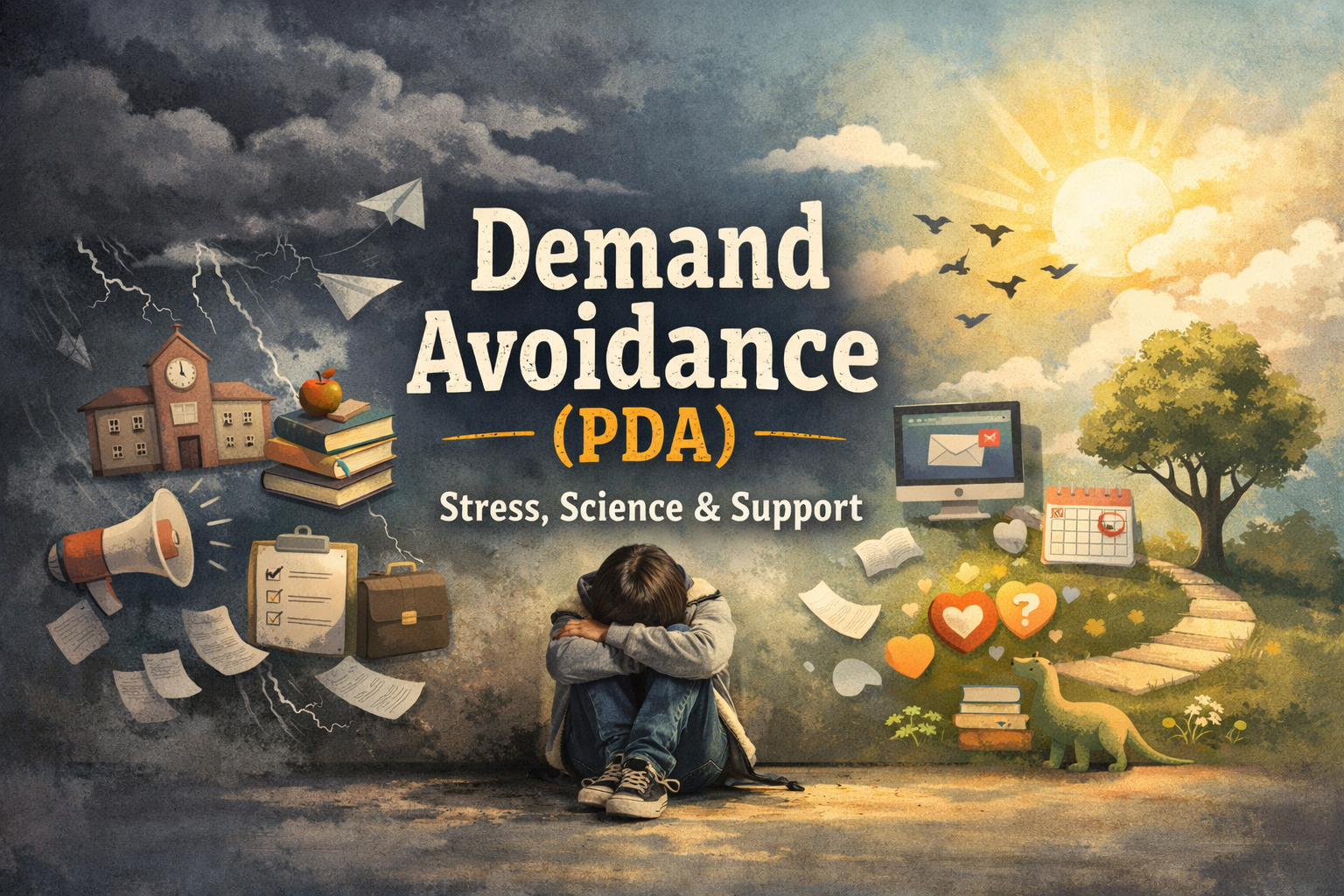
Demand Avoidance (PDA): What the Science Says, What It Questions, and What Actually Helps
Demand Avoidance, often referred to as PDA, is a term that evokes strong reactions. For some families and adults, it offers relief and recognition. For

Demand Avoidance, often referred to as PDA, is a term that evokes strong reactions. For some families and adults, it offers relief and recognition. For

For over 16 weeks I removed cow-milk dairy entirely. The results surprised me. My fatigue lifted. The heavy feeling in my head cleared. My tummy

Understanding tacit learning, metacognitive access, and context-dependent memory When you know – but can’t say how During my training, I often found myself able to
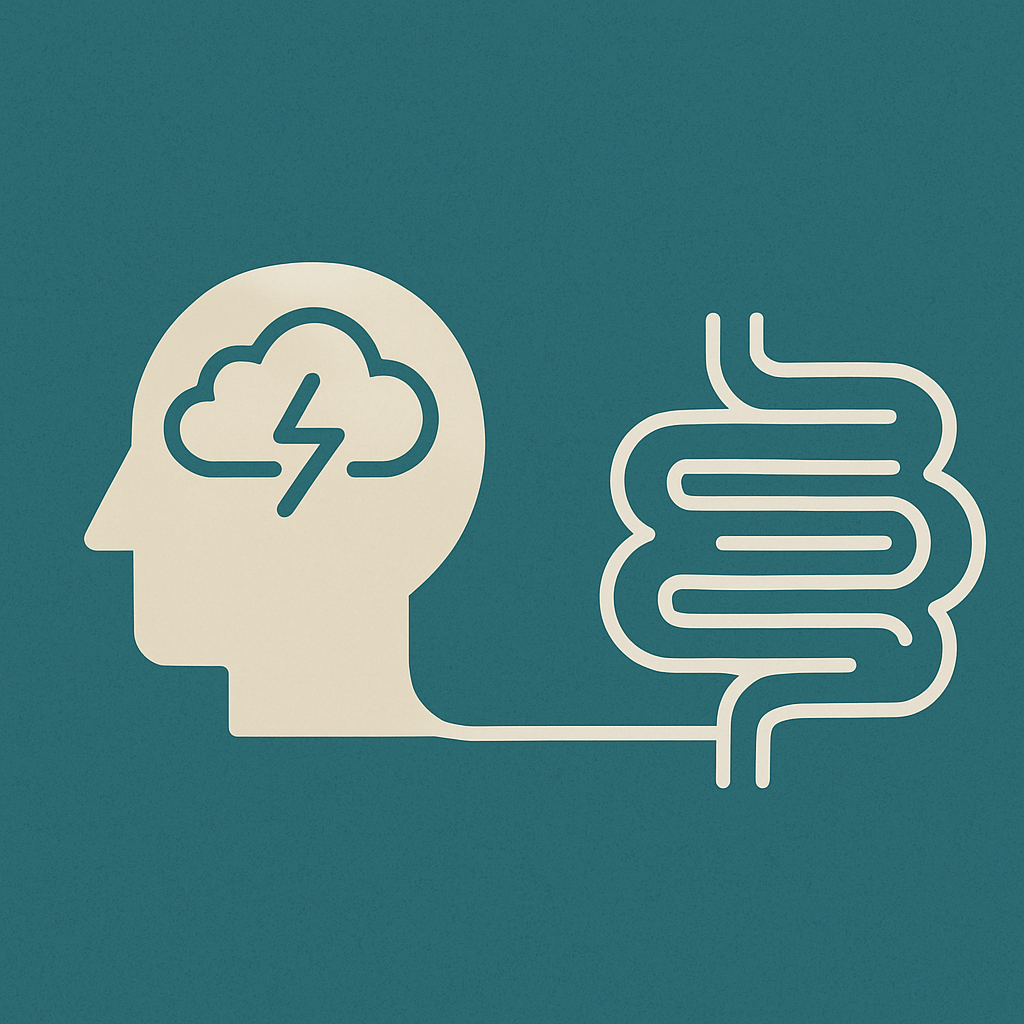
Many people living with irritable bowel syndrome (IBS) say the same thing: “It gets worse when I’m stressed.” It’s a familiar story — deadlines, family
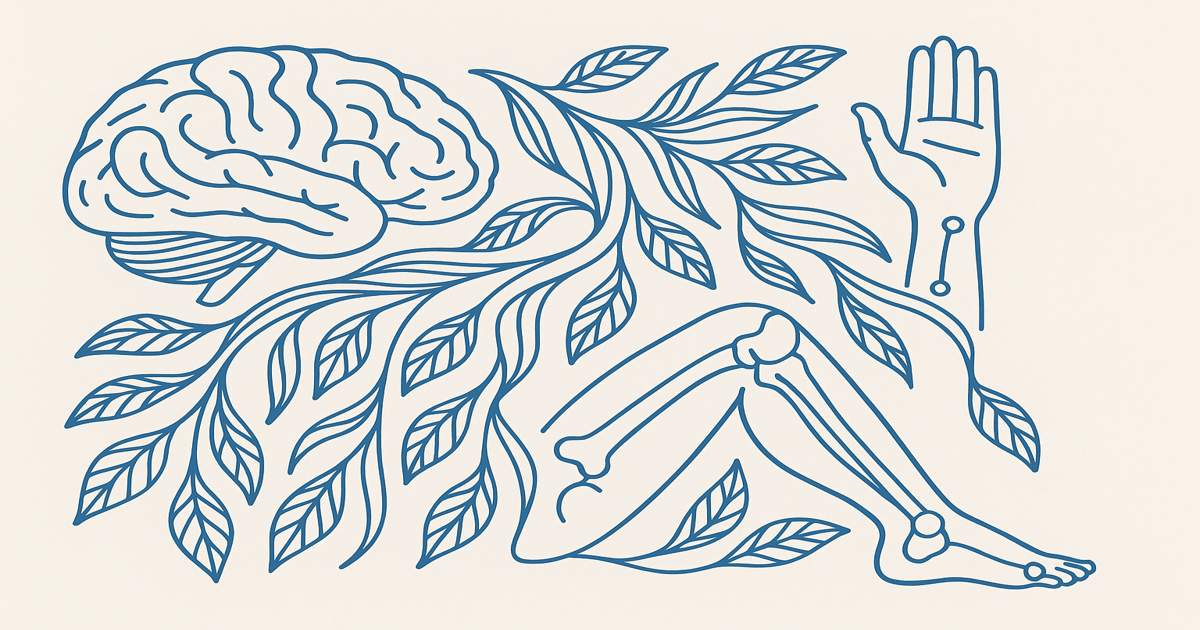
It is becoming more widely acknowledged that some people with autism or ADHD also live with unusually flexible joints, ongoing pain, or difficulties such as

Many people with Inattentive ADHD naturally tend to go to bed later and feel more alert in the evening. This pattern, known as “eveningness” or

How Inhibition Shapes Our Lives and How to Reclaim Authenticity Introduction to Salter’s Theory of Inhibition and Excitation Salter’s theory of inhibition and excitation explores
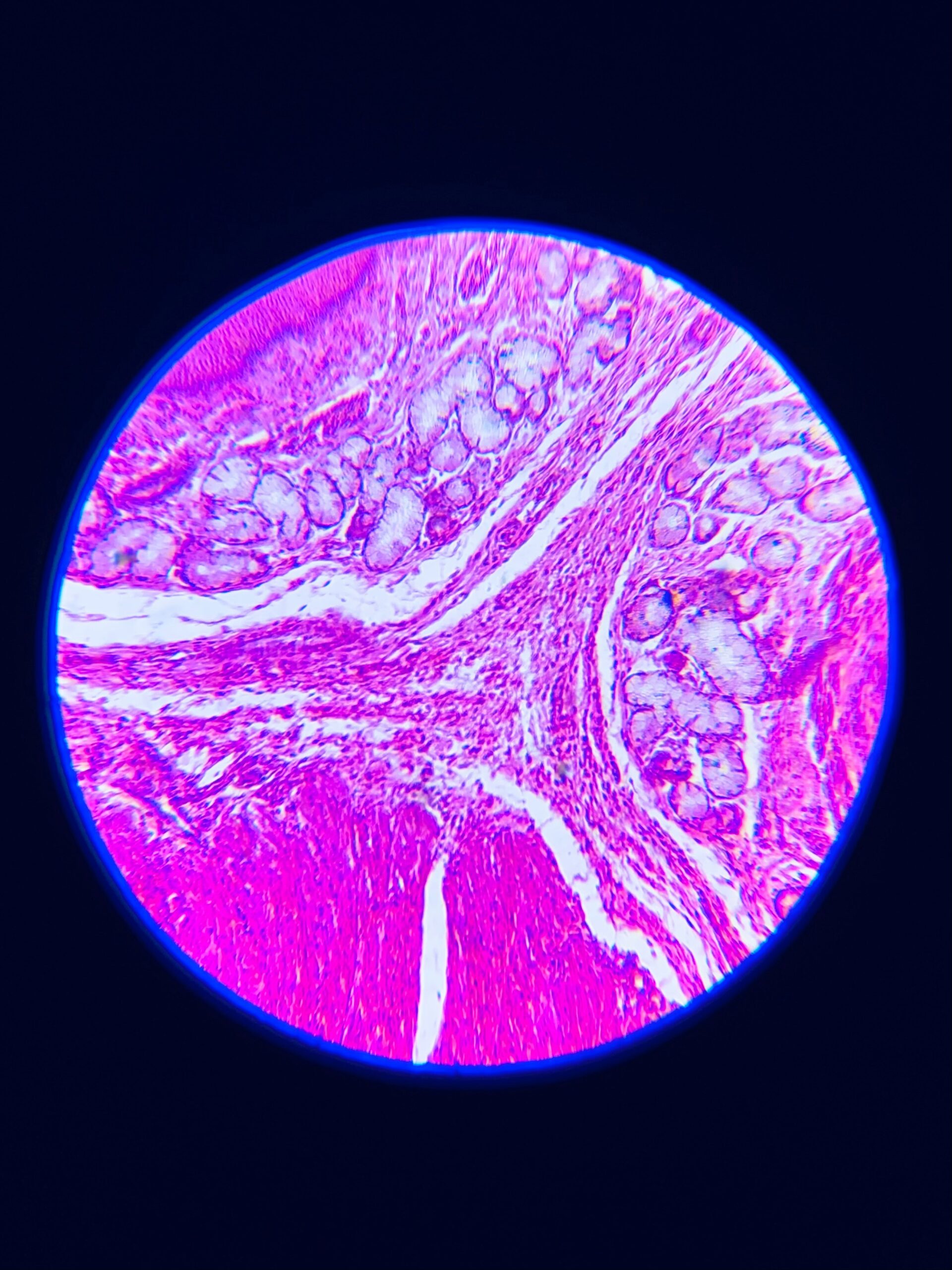
Emerging research is reshaping our understanding of ADHD and other neurodevelopmental and neurodegenerative conditions, including autism, schizophrenia, and dementia. These conditions are increasingly being recognised
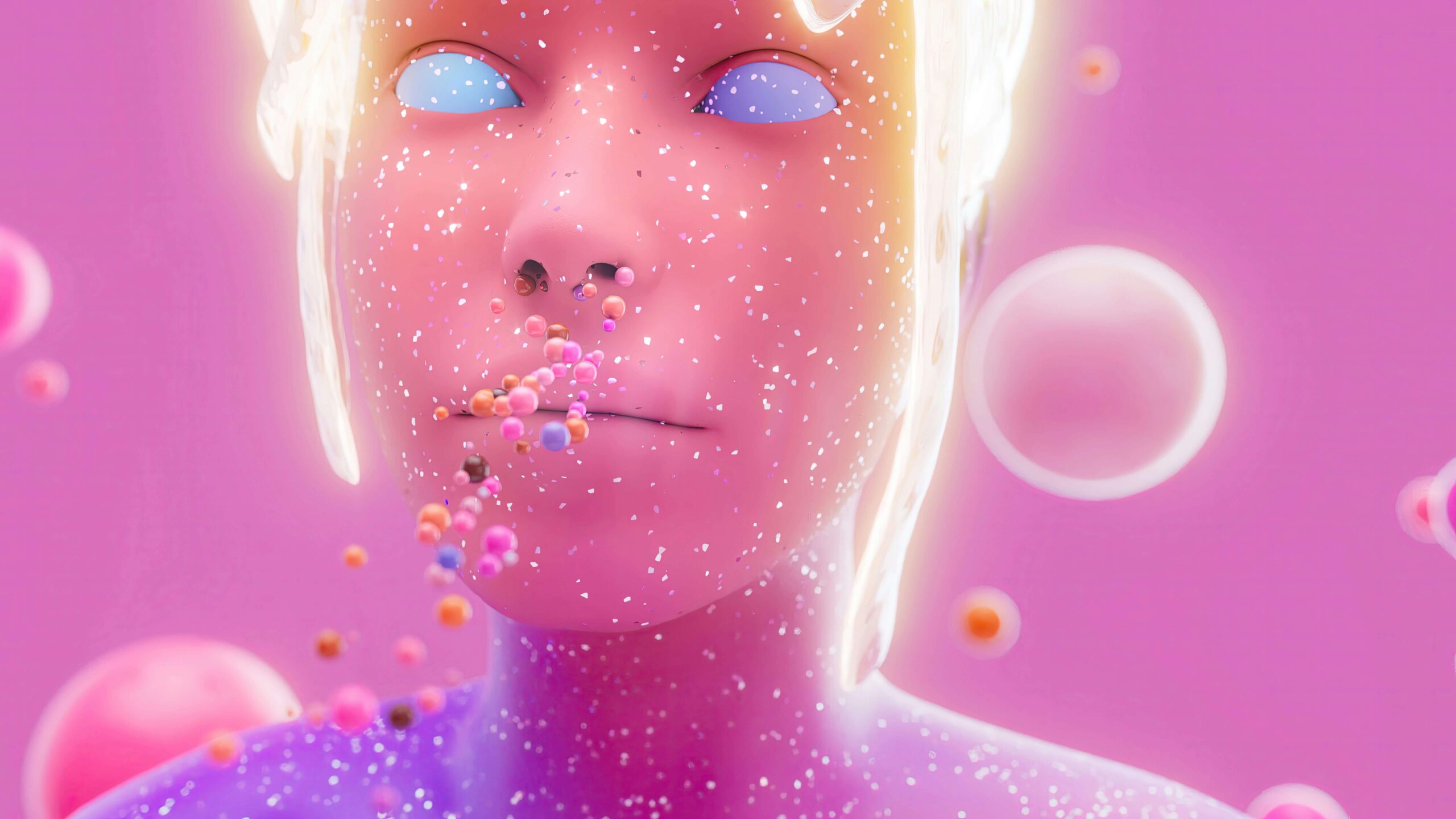
Complex trauma, often characterised by prolonged exposure to interpersonal trauma, has far-reaching impacts on both mental and physical health. While it is widely known that

Autism spectrum disorder (ASD) is identified by challenges in social communication and having restricted, repetitive behaviours or interests. It’s estimated that 64% to 91% of

When we hear about people hearing voices, we often assume they are suffering with Schizophrenia or another psychiatric condition, however, studies show that auditory hallucinations
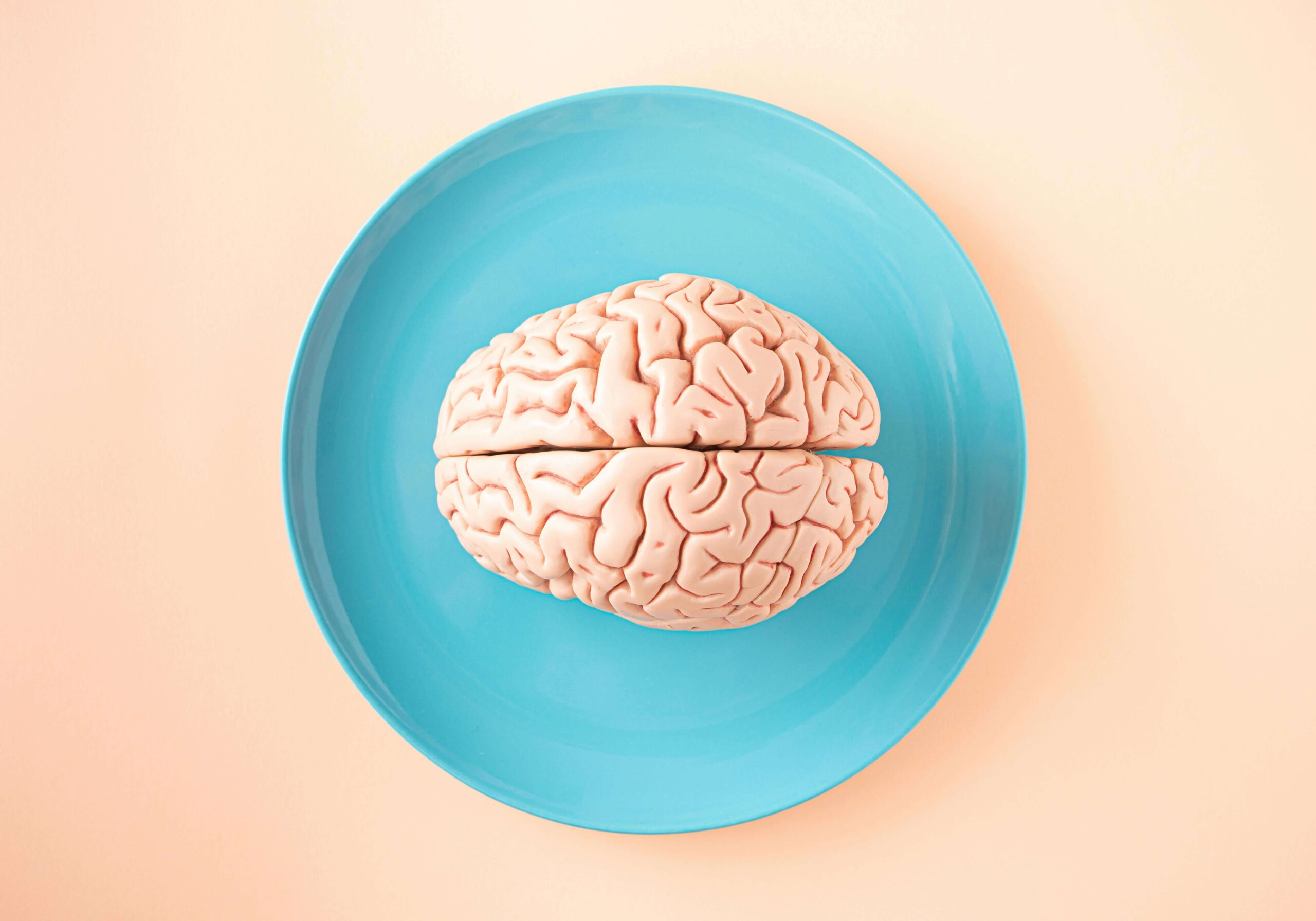
In my last post, “Understanding the Overlap: How ADHD and Complex PTSD Manifest Similarly in Daily Life,” I highlighted many overlapping symptoms between Inattentive-ADHD (often

About a year ago, I was diagnosed with complex PTSD, and during discussions with my therapist, the possibility of having ADHD also came up. Many
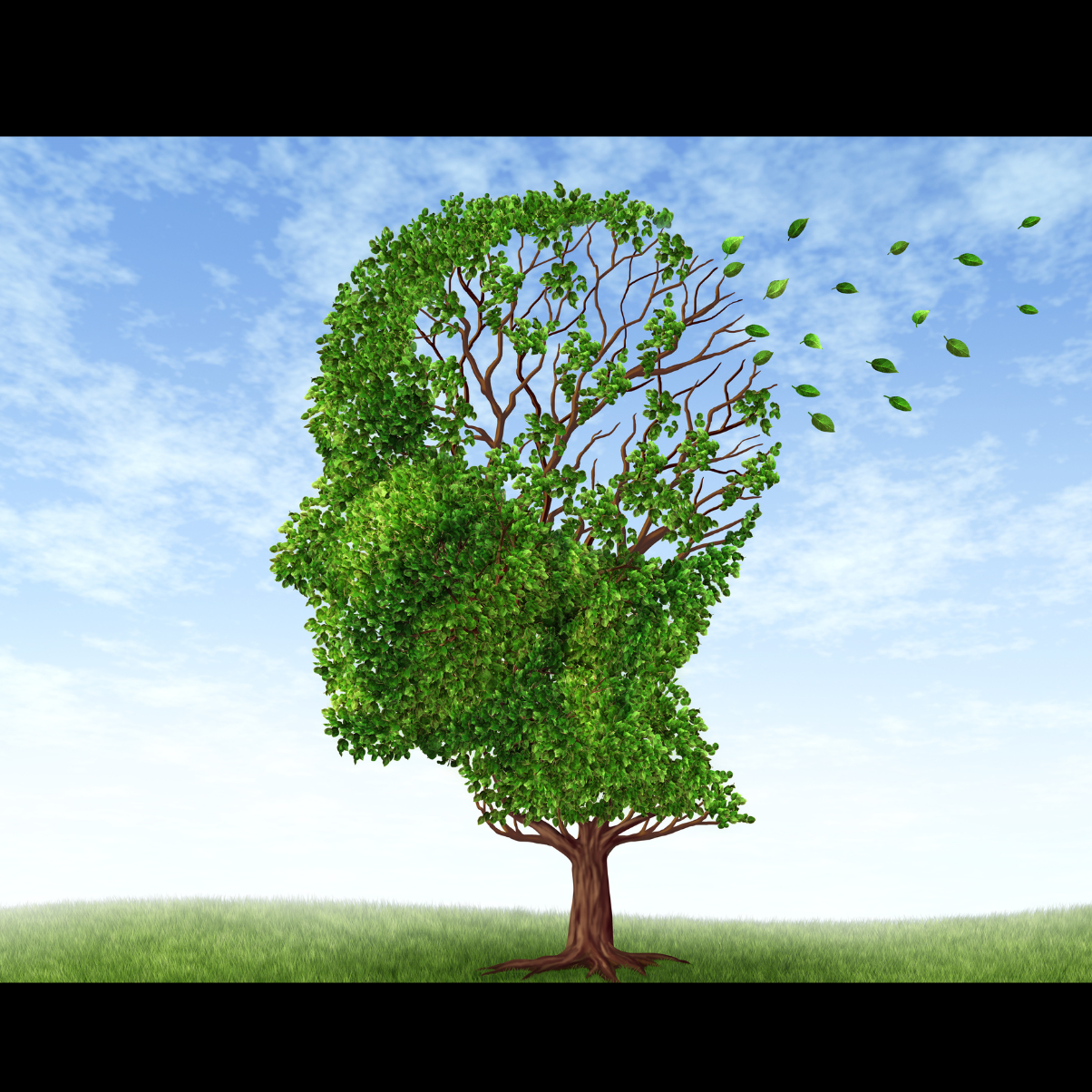
One of the most heartbreaking and frustrating aspects of Complex Post-Traumatic Stress Disorder (CPTSD) for many individuals is the profound impact it has on their

I thought I’d share a less science-heavy blog post today, even though it still ties back to scientific concepts and conditions. Instead, I want to

A cognitive schema is a mental framework that helps organise and interpret information in the brain. Think of it as a blueprint or a set
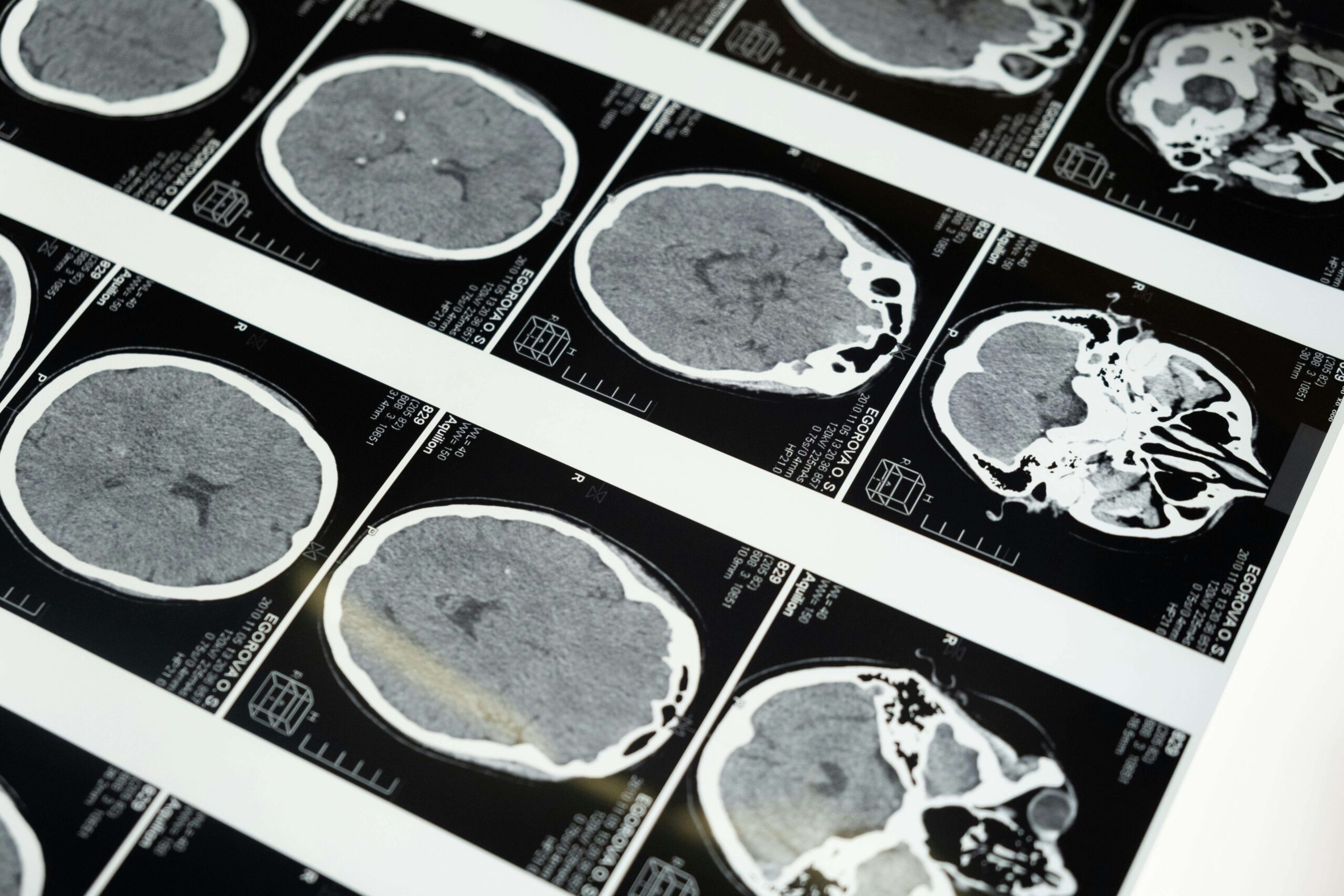
Exploring the Metabolic System: The Body’s Energy Network The metabolic system is a complex network of chemical processes in the body that converts food into

In recent years, a growing body of research has begun to shed light on the profound effects of social media and news consumption on mental
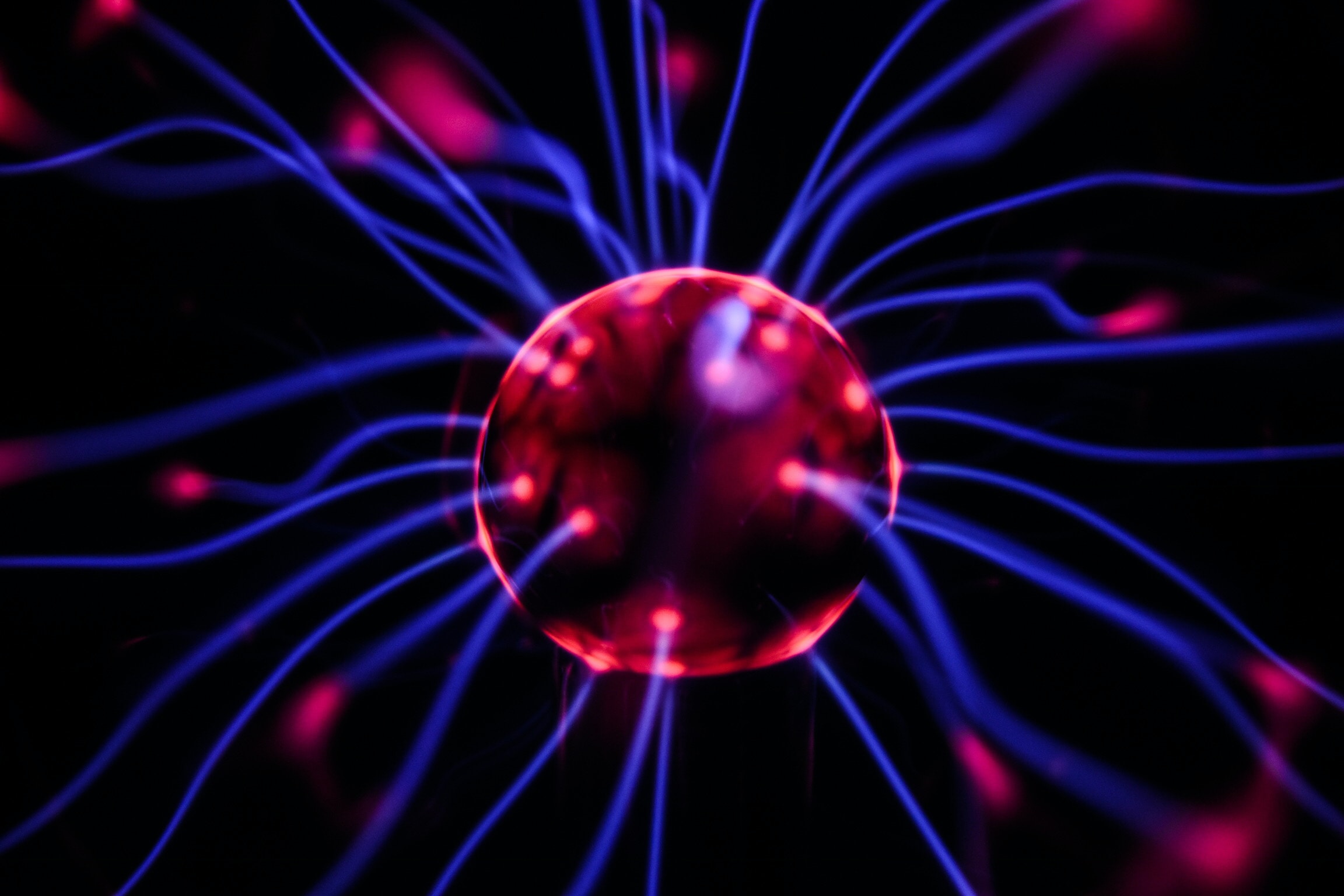
What is self-talk and where does it derive from? Self-talk is a natural part of a human’s child development and has been proposed to have

After delving into multiple studies to identify links between hormonal activity during a woman’s menstrual cycle and the negative physical and psychological symptoms experienced by

There are various breathing techniques that we’ve all come across, but I’d like to share with you the breathing techniques that science suggests as the

By examining how our evolutionary history has shaped the neural pathways associated with pleasure and reward, we gain a deeper understanding of the motivations that

I’ll let Dr. Andrew Huberman say it all! In summary, we possess an ancient, innate reward system that encourages us to keep progressing even when

In my years of diving into psychology and more recently, the biology of mental health, one concept has stood out: the idea that our thoughts,
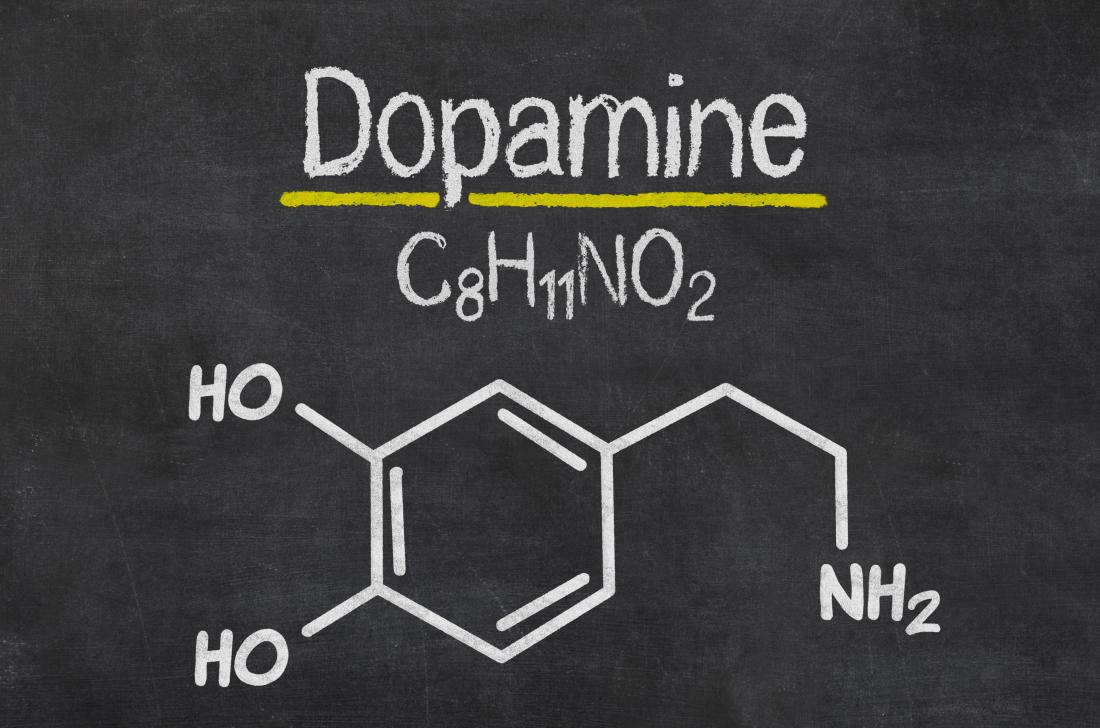
Dopamine is a neurotransmitter, a chemical that plays a crucial role in the brain’s communication system. It has a profound impact on various aspects of